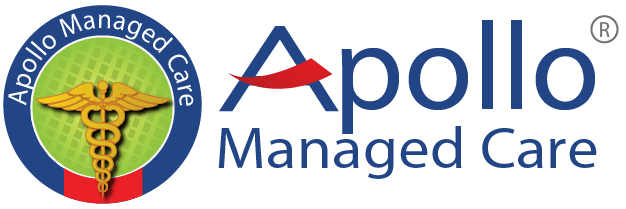Health Plans
Health plans are constantly striving for more effective strategies to enable the delivery of high quality care that promotes increased wellness and healthier outcomes for the populations they serve. While most clinical guidance applications use best practices and evidence-based criteria help identify appropriate care, some solutions are more effective than others in delivering cost and quality advantages for both health plans and their members.
Apollo solutions allow health plans to:
- Reduce member expenses:
Evaluate the appropriateness of care provided to identify and eliminate unnecessary procedures, treatments and admissions. - Control upfront costs:
Best-in-class Apollo clinical guidance technology is a fraction of the expense of other systems. - Apply the latest quality guidance:
Access real-time clinical updates for more informed care decisions. - Improve clinical staff efficiency:
Intuitive, user-friendly design allows for efficient and effective utilization review. - Enhance staff satisfaction:
Streamlined information displays deliver more meaningful content at a glance and eliminate frustrating click searches to find the right information. - Get the answers you need:
Easy access to support services offers rapid response to criteria-related and clinical questions. - Support comprehensive care management initiatives:
Guidelines are available to support Ambulatory, Acute Care Inpatient, Physical/Occupational/Speech Therapy and Rehab, Behavioral Healthcare, Post-Acute and Extended Care encounters. - Manage chronic, costly and common disease states:
Clinical Guidelines for Primary Care (Medical and Obstetrical) and Clinical Behavioral Health highlight best practices and proven effective methodologies for treating diagnoses such as asthma, diabetes, smoking cessation, ADHD, etc. - Promote effective wellness initiatives:
Identify “wellness” or preventive healthcare standards by age and sex relating to common medical and obstetrical disease states. - Target provider ‘outliers’:
Those providers who continually operate outside established criteria and guidelines without justification can be targeted for educational programs. - Integrate with existing applications:
A Microsoft .NET framework facilitates rapid integration with existing Utilization Management and Care Management systems or other applications. - Maintain compliance: Provide care guidance that is backed by multiple accredited sources and clinical associations to meet regulatory requirements.
- Support Commercial & Government programs:
- Clinical review criteria guidelines and evidence-based benefit interpretations include benchmarks for commercial, Medicare and Medicaid populations.

